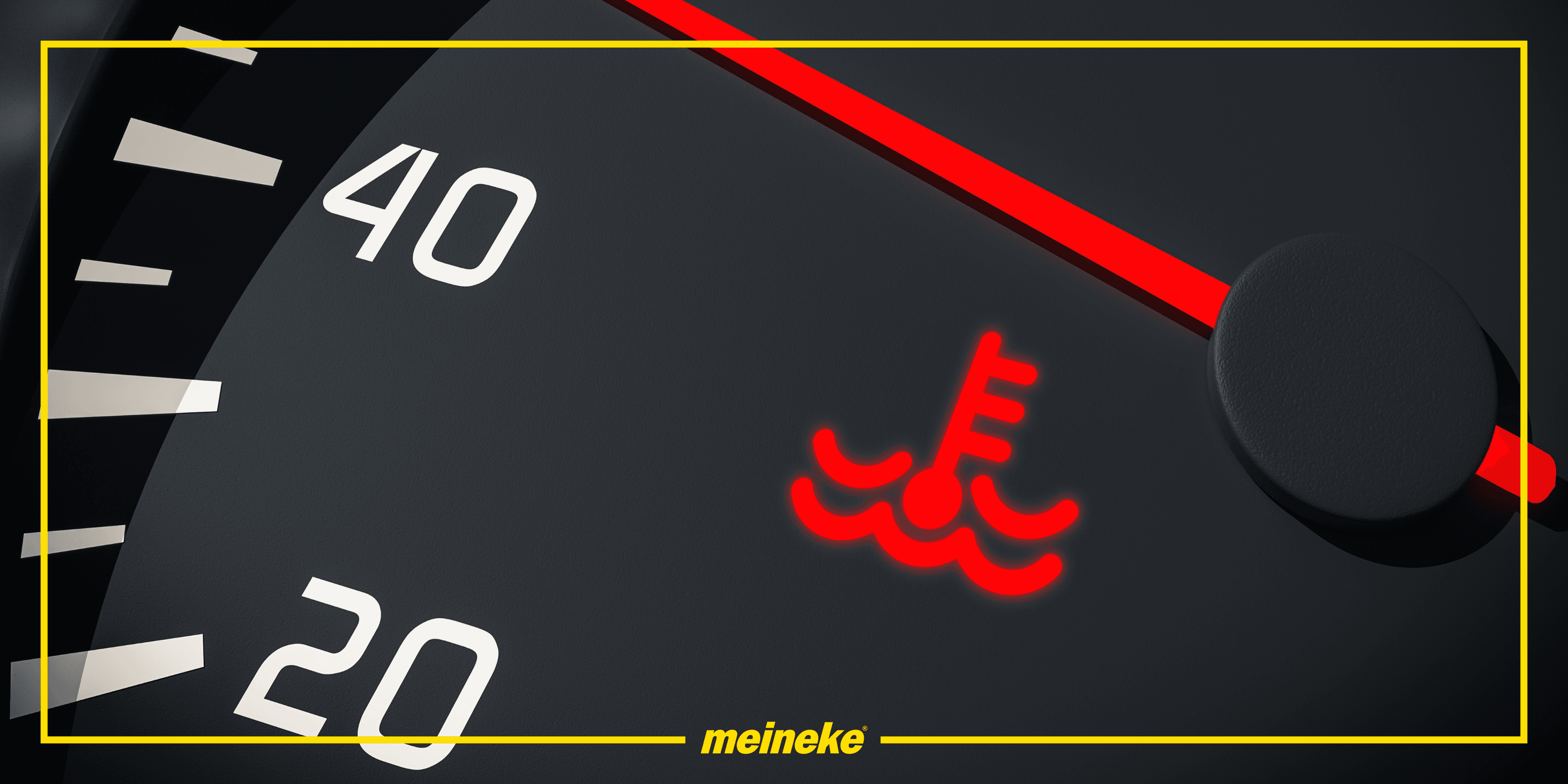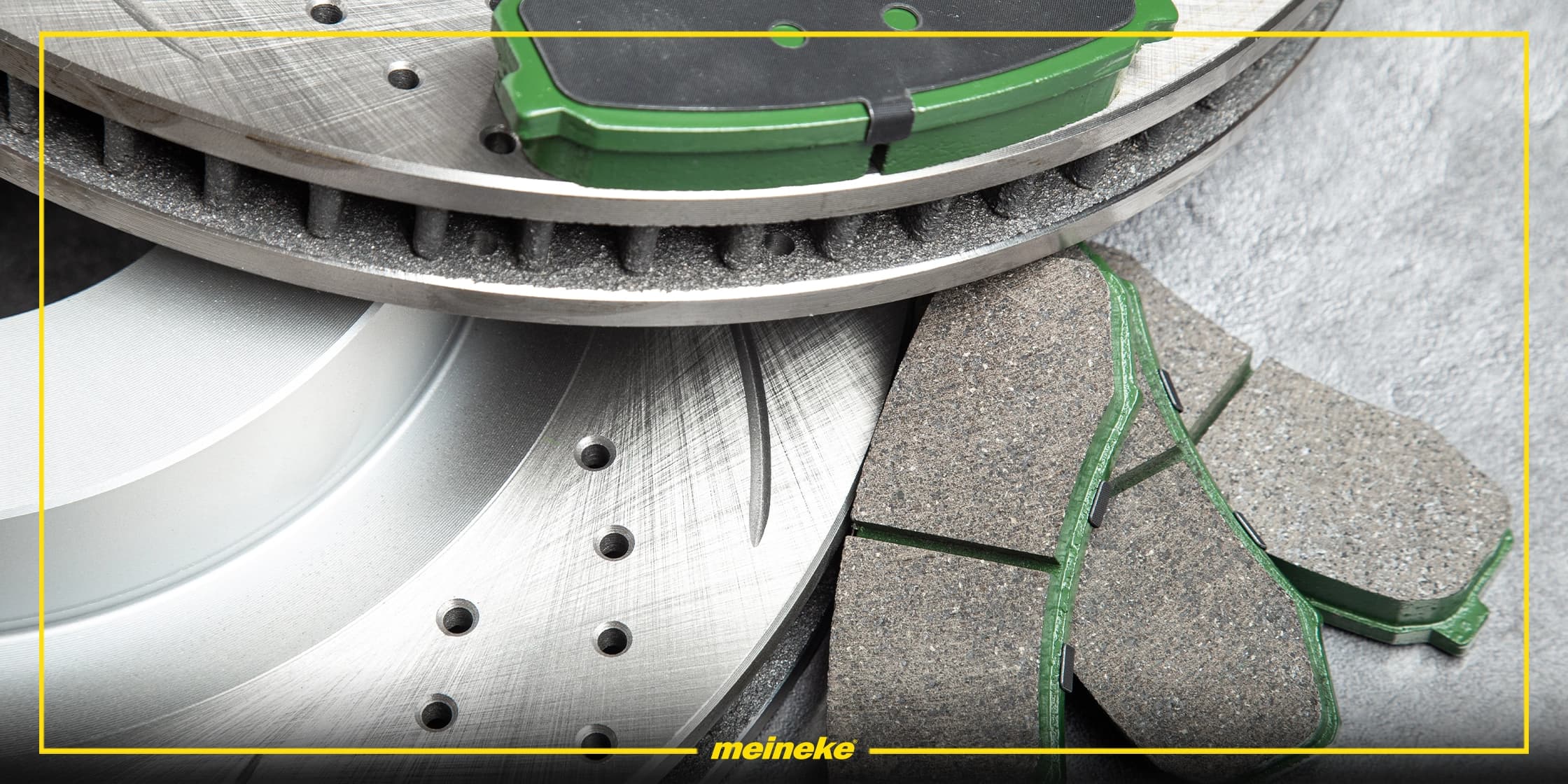
May 16, 2025
Why is My Car Leaking Coolant
There’s nothing quite as frustrating as walking out to your vehicle and spotting a suspicious puddle underneath. Maybe you’ve noticed your dashboard flashing a warning light or your engine temperature creeping higher than usual. These signs can be alarming—and they should be. A coolant leak, often signaled by these exact symptoms, is one of those car issues you should never ignore. Even if your car seems to be running fine, a small leak today can turn into a major engine problem tomorrow.
What is Coolant?
Coolant, also known as antifreeze, plays a critical role in your engine’s operation. It helps regulate engine temperature by circulating through the engine block and radiator, absorbing heat and preventing freezing in colder weather. Without it, your engine could overheat, seize up, or suffer damage from frozen components.
Your car’s cooling system includes several parts: the radiator, radiator hoses, thermostat, water pump, coolant reservoir, and gaskets. A failure in any of these can lead to a leak.
So why is my car leaking coolant? There’s no one-size-fits-all answer. Coolant can escape through the radiator, the water pump, or via deteriorated hoses. Sometimes, it’s as simple as a loose clamp or cap. Other times, it's the result of corrosion or age-related wear. Catching the issue early is key to avoiding more serious—and more expensive—engine problems.
Signs Your Car is Leaking Coolant
Not all coolant leaks announce themselves with a dramatic plume of steam. Often, the signs are subtle but consistent. One of the most common symptoms is discovering a puddle beneath your car after it’s been parked for a while. If the fluid is brightly colored—typically green, orange, or pink—it’s likely coolant.
Another clue is a sweet, syrupy odor that can be detected under the hood, which is characteristic of antifreeze. Modern vehicles often include sensors that alert you to a low coolant level, so pay attention if your dashboard issues this warning. If your engine begins to overheat—especially in traffic or during hot weather—it may be due to a leak that is allowing coolant to escape. These signs, especially when combined, often indicate a coolant leak.
Common Causes of a Coolant Leak
Several components in your car’s cooling system can degrade over time or fail suddenly. Here are a few common causes of coolant leaks:
- Cracked Radiator or Hose: The radiator can develop cracks over time due to constant exposure to heat and vibration, while rubber hoses may become brittle or develop holes that allow coolant to escape. That’s why regular radiator service is essential.
- Failing Water Pump: Another frequent offender is the water pump. Responsible for circulating coolant through the engine, the water pump can leak if its seals or bearings wear out. In many cases, a failing water pump will leave a visible trail of fluid beneath the engine bay.
- Worn-out Gasket: Gaskets, particularly the head gasket, play a crucial role in maintaining a sealed system. When a gasket wears out or fails, coolant may leak externally or even mix with engine oil—both scenarios spell trouble.
- Loose Clamps or Connections: Loose hose clamps or weakened connections can also allow coolant to escape, particularly under pressure.
- Corrosion or wear in the cooling system: corrosion is a slow but destructive force. If the cooling system hasn’t been properly maintained—like having coolant changed at regular intervals—metal parts can corrode, leading to pinhole leaks in the radiator or other components.
Any of these issues may result in a visible antifreeze leak which should be addressed.
Coolant Leak When Parked
It’s not uncommon for car owners to notice a leak only after the car has been parked for some time. This can happen because the cooling system operates under high pressure when the engine is running. Once the engine is turned off and the system begins to cool down, pressure drops and the system contracts slightly. Small cracks or weaknesses may only allow coolant to leak during this cooling phase.
If you’re seeing coolant leaking from bottom of car when parked, it’s helpful to take note of the puddle’s location and the fluid’s color. This can give a technician valuable clues as to where the leak is occurring. Even if the leak seems minor, driving with it can be risky. Without adequate coolant, the engine is much more likely to overheat, especially during demanding driving conditions.
What to Do If You Notice a Coolant Leak
If you discover a coolant leak, the first step is to check your coolant reservoir. If the fluid level is low, you can carefully top it off with the correct type of coolant—consult your owner’s manual for guidance. However, you should avoid overfilling the system, and never attempt to open the coolant cap while the engine is hot, as the pressurized fluid can cause burns.
Next, schedule an inspection with a trusted mechanic as soon as possible. Coolant leaks can worsen quickly, and continuing to drive with a compromised cooling system can lead to significant engine damage. Meineke’s expert technicians are equipped with tools to pinpoint the source of the leak and perform the necessary repairs efficiently. Their experience ensures that even subtle leaks won't go unnoticed, saving you time and potential future costs.
Spot a Leak? Catch It Early and Drive with Confidence
Coolant leaks are more than a minor inconvenience—they’re a serious warning sign that something in your engine’s cooling system may be failing. The good news is that early detection can prevent major damage and costly repairs. If you’ve noticed signs like puddles, rising engine temperatures, or dashboard alerts, it’s time to take action.
If your car is leaking coolant, visit your nearest Meineke location or make an appointment online today for a quick, professional diagnosis and repair. Don’t let a small leak turn into a big problem—stay ahead of engine trouble with expert help.



